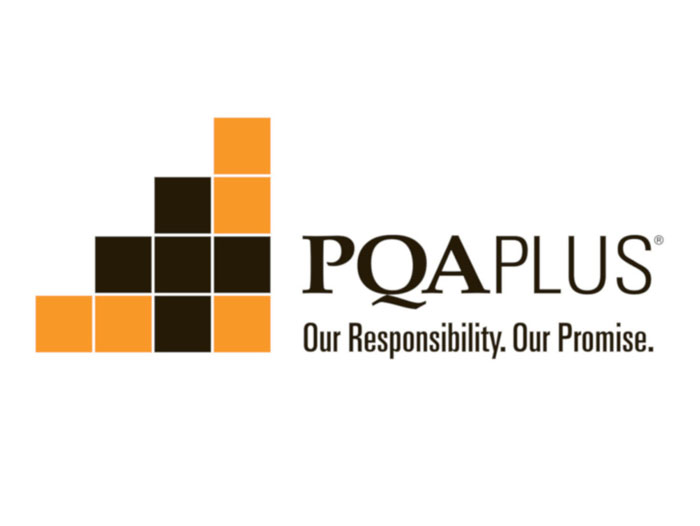Pork Checkoff’s PQA Plus Program Hits 50,000 Milestone
October 4, 2010 | 2 min to read

Pork Quality Assurance Plus® (PQA Plus), the pork industry’s program to assure the world that U.S. producers are delivering a safe and wholesome product and that they are caring for their animals in a socially responsible manner, reached a significant milestone this week when the number of producers achieving PQA Plus certification reached 50,000.
“All pork producers should be especially proud about reaching this milestone,” said Gene Nemechek, a swine veterinarian from Springdale, Ark., and the president of the National Pork Board. “Producing safe food and providing high-quality care for our animals are two of the ethical principles that form the foundation of the pork industry’s We Care initiative. But it’s one thing to talk about ethical principles and another when we walk the talk,” Nemechek said. “This demonstrates that producers are walking the talk.”
Since its introduction in 1989, PQA has been the pork industry’s flagship educational and continuous improvement program. Created through the Pork Checkoff to promote food safety and residue avoidance on the farm, the program was expanded in 2007 to include animal handling practices and renamed PQA Plus. To attain certification a producer must meet with a trained Advisor once every three years to review the 10 Good Production Practices that promote pork safety and animal well-being practices.
Additionally, to achieve site status, a pork operation must have an on-farm assessment of its animal handling practices by a certified PQA Plus advisor .
“Getting to the 50,000 certification mark has been a significant undertaking by both pork producers and the ag and Extension educators and veterinarians who conduct the certifications,” said Stacy Revels, manager of certification programs for the Pork Checkoff. “The National Pork Board in 2009 set a goal of having all pork producers certified by 2010. And while we’re not quite there yet, this milestone demonstrates the commitment of pork producers to doing the right thing.”
“When you consider that prior to 2007 the industry had 30,000 producers certified, you begin to appreciate the success of PQA Plus,” Nemechek said. “Now, every time we certify a new producer we set a new record.”
“What is really important, though,” Nemechek said, “is that our customers can have confidence in the safety of pork and in the animal handling practices that producers employ as they care for their animals.”
Revels noted that the board also has set a goal of having all operations site-assessed by the end of 2010. “Right now, we have assessed operations that represent more than 60 percent of all the pigs in the country. We continue to assess new operations each week and are making great progress on our goal,” she said.
Pork producers who have yet to become certified or site-assessed can obtain information about the PQA Plus program by calling the Pork Checkoff Service Center, 800-456-7675.
The National Pork Board has responsibility for Checkoff-funded research, promotion and consumer information projects and for communicating with pork producers and the public. Through a legislative national Pork Checkoff, pork producers invest $0.40 for each $100 value of hogs sold. The Pork Checkoff funds national and state programs in advertising, consumer information, retail and foodservice marketing, export market promotion, production improvement, technology, swine health, pork safety and environmental management. For information on Checkoff-funded programs, pork producers can call the Pork Checkoff Service Center at (800) 456-7675 or check the Internet at pork.org.
Source: The Pork Checkoff
